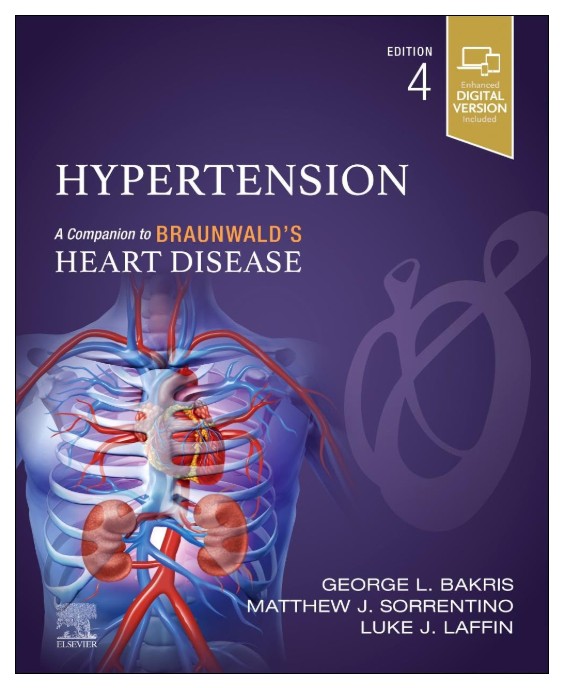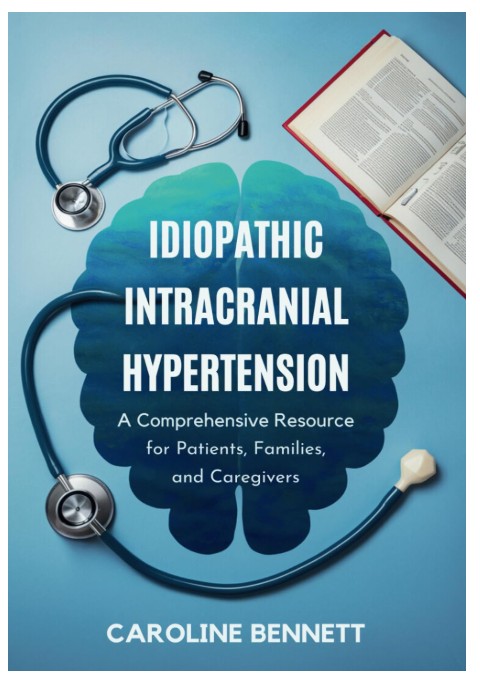Idiopathic Intracranial Hypertension (IIH) is a neurological disorder characterized by increased intracranial pressure without any detectable cause. Although it can affect anyone, it’s most common in women of childbearing age, making pregnancy a particularly relevant factor to consider when examining this condition. Recent research has sought to explore the potential link between pregnancy and IIH, and while the relationship is complex and not fully understood, several key findings have emerged.
Firstly, it’s important to understand that IIH is relatively rare in the general population but appears to be more prevalent among pregnant women. This could be due to the physiological changes that occur during pregnancy, such as weight gain and hormonal fluctuations, both of which have been associated with an increased risk of IIH.
Weight gain is a common occurrence during pregnancy and has been identified as a significant risk factor for IIH in non-pregnant populations. The excess weight can lead to an increase in abdominal girth which can in turn increase intra-abdominal pressure. This increased pressure can then be transmitted to the thoracic cavity and subsequently to the brain via the venous system, leading to increased intracranial pressure.
In addition to weight gain, hormonal changes during pregnancy may also contribute to an increased risk of IIH. Specifically, elevated levels of estrogen and progesterone have been implicated in the pathogenesis of this condition. These hormones are known to influence fluid balance within the body and may cause fluid retention within the brain, leading to increased intracranial pressure.
Moreover, some studies suggest that pregnant women with IIH may experience a worsening of symptoms or even new onset of symptoms during their pregnancy. This could potentially be due to changes in blood volume and cardiac output that occur naturally during pregnancy.
Despite these potential links between pregnancy and IIH, it’s important to note that most women with this condition have successful pregnancies without any complications. However, they may require closer monitoring and management to ensure both their health and the health of their baby.
Furthermore, it’s also worth noting that while pregnancy may increase the risk of IIH, it does not necessarily cause the condition. Many women with IIH have never been pregnant, and many pregnant women do not develop IIH.
In conclusion, while there appears to be a link between pregnancy and IIH, the relationship is complex and multifaceted. Further research is needed to fully understand this relationship and to develop effective strategies for managing IIH in pregnant women. In the meantime, healthcare providers should be aware of this potential link and monitor pregnant patients accordingly.



